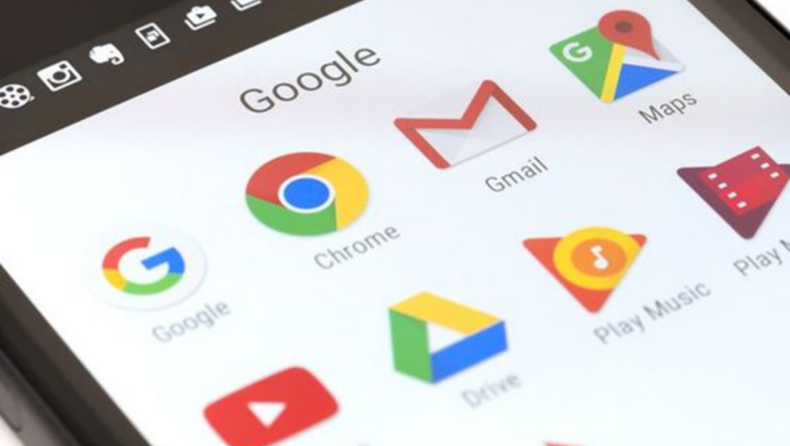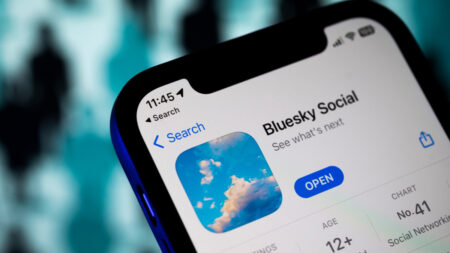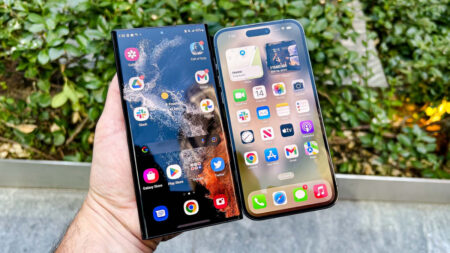Table of Contents
Privatization of Apps on Android
Google on Wednesday said it is working on privacy measures to limit data sharing on smartphones running its Android software. But the company promised that these changes would not be as disruptive as a similar move by Apple last year.
Changes to its iOS software on Apple’s iPhones asked users for permission before allowing advertisers to track them.
Apple’s permission controls and, ultimately, the decision to block user tracking have had a profound impact on internet companies that have built a business on targeted advertising.

Google did not provide an exact timeline for its changes but said it would support existing technologies for at least two more years.
This month, Meta, previously known as Facebook, said Apple’s privacy changes would cost $10 billion in lost ad revenue this year. The revelation weighed on Meta’s stock price and raised concerns about other companies relying on digital advertising.
The Vice president of Google’s Android division said in an interview before the announcement that it was too early to assess the potential impact of Google’s changes, which are meant to limit sharing of apps and data with third parties.
But he emphasized that the company’s goal was to find a more private option for users while allowing developers to generate advertising revenue.
Impact of changes by Google on Android
As the two largest smartphone software providers globally, Google and Apple have a significant impact on what mobile apps can do on billions of devices.
Changes to increase privacy or give users more control over their data, increasing demands from customers, regulators or politicians- come at the cost of companies collecting data to sell personalized ads tailored to the interests and demographics of users.
Mr. Chavez said that if Google and Apple don’t offer a privacy-minded option, the advertiser may turn to more covert options, leading to less security for users. He also contends that Apple’s “Blunt Approach” was proving unproductive, citing a study that said changes to iOS had no meaningful effect in preventing Third-party tracking.
An Apple spokesperson declined to comment- Google and Apple’s changes are significant because digital advertising based on the accumulation of user data has underpinned the internet for the past 20 years.
But that, business models, are facing more challenges as users become more skeptical about far-reaching data collecting amid general distrust of the technology giant.

Google was planning to bring its privacy initiative, “Privacy Sandbox,” which was primarily limited to reducing tracking on the company’s Chrome browser, to Android- the world’s most widely used platform for mobile devices, software to be performed.
Faced with resistance from privacy groups and advertisers, Google has been forced to revamp its approach to eliminating so-called cookies, a tracking tool, on Chrome.
Further, it said it proposed some new privacy-minded approaches to Android to allow advertisers to measure the performance of ad campaigns and show personalized ads based on past behavior or recent interests. As well as covertly via apps.
New tools to limit tracking can also be shown. Google did not go into much detail about how these new options work.
Published By: Jaspreet Singh
Edited By: Kritika Kashyap













